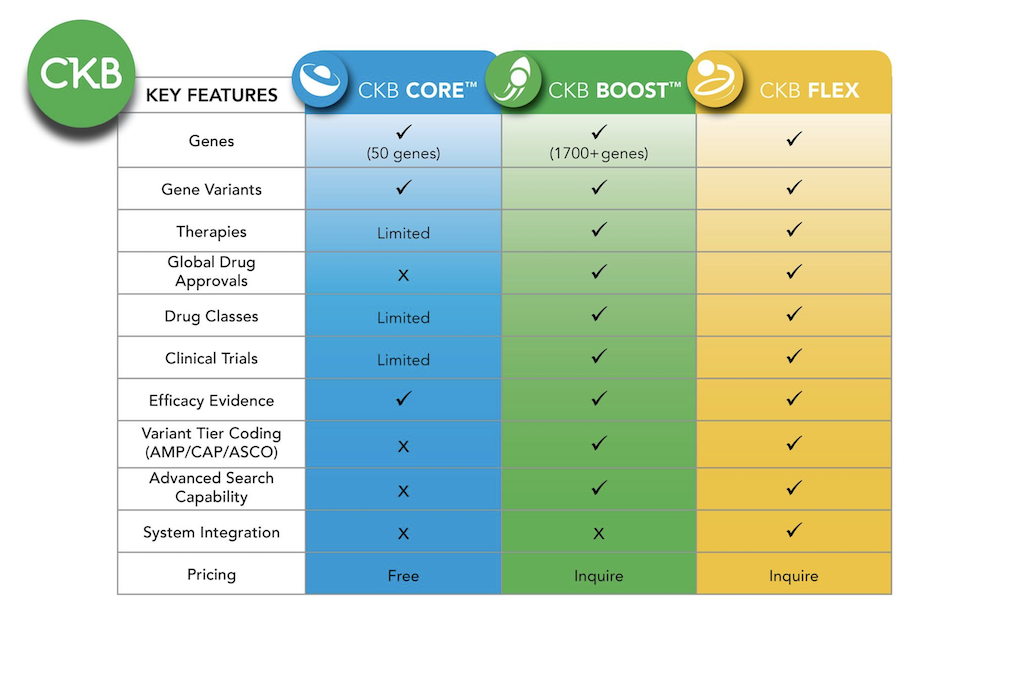Gene Detail
Contact
Missing content? – Request curation!
Request curation for specific Genes, Variants, or PubMed publications.
Have questions, comments, or suggestions? - Let us know!
Email us at : ckbsupport@jax.org
| Gene Symbol | FANCA | ||||||||||
| Synonyms | FA | FA-H | FA1 | FAA | FACA | FAH | FANCH | ||||||||||
| Gene Description | FANCA, FA complementation group A, is a member of the Fanconi anemia (FA) nuclear complex, which plays a role in DNA repair (PMID: 11673408, PMID: 12509764, PMID: 30057198), and is required for nuclear localization of the FA core complex (PMID: 32002546). Germline FANCA mutations are associated with Fanconi anemia, which involves predisposition to various cancers (PMID: 12509764, PMID: 32235514, PMID: 29098742), including acute myeloid leukemia (PMID: 25455269) and ovarian high-grade serous carcinoma (PMID: 32019284), and loss of FANCA has been reported in prostate cancer (PMID: 31931827). | ||||||||||
|
|||||||||||
Additional content available in  CKB BOOST
CKB BOOST
